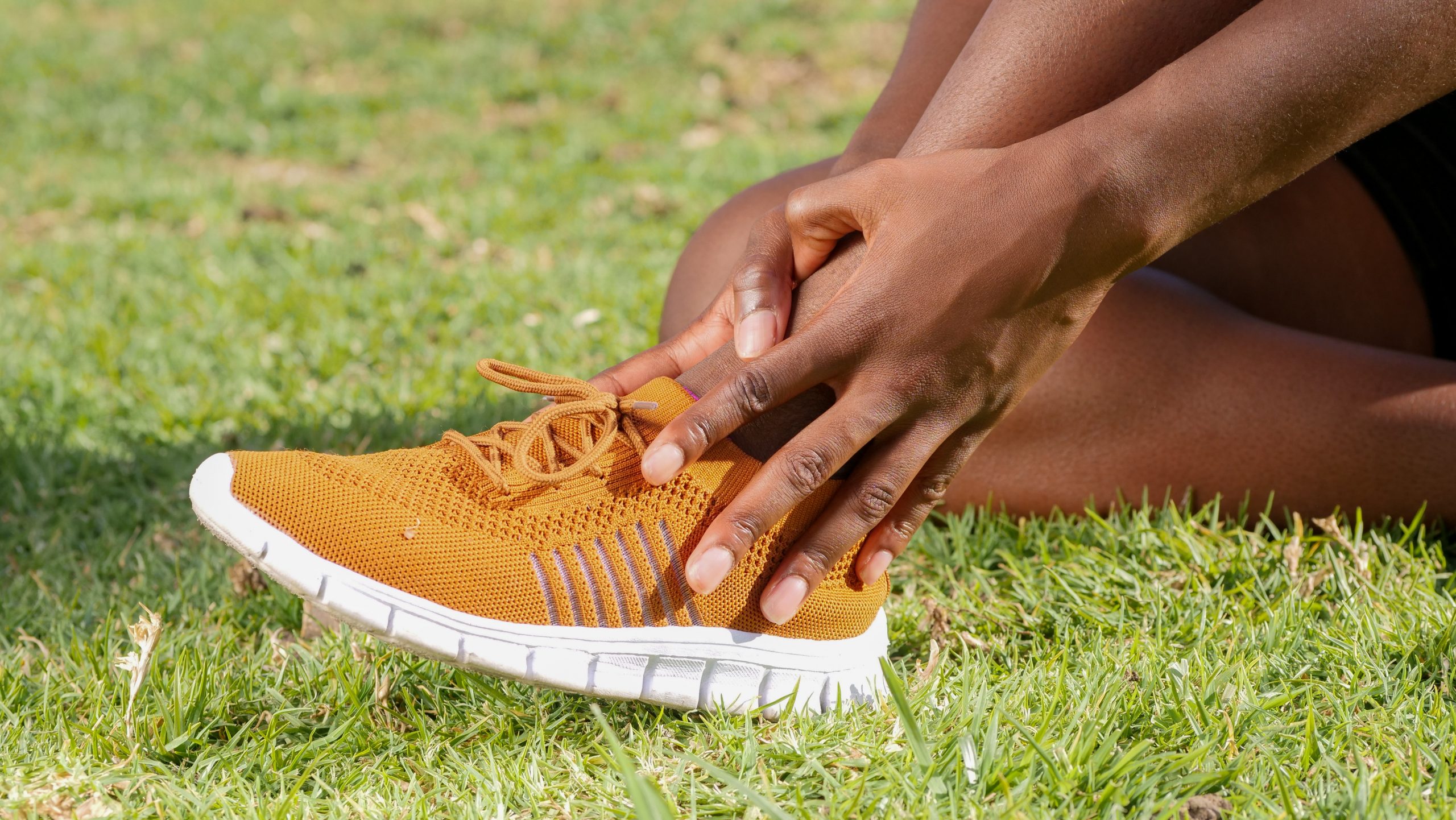For Your Safety - Screening, masks, and sanitation will continue to be implemented at our facility. Please see our blog post for more information.
There are countless running shoes on the market today. As such, you might feel slightly overwhelmed by the variety of choices.
So, this article is here to help you peel everything back to the basics. What kind of running shoes do you need? Do you actually need to go and purchase another pair of shoes just for running? Let’s take a closer look.
Why Should I Buy a Running Shoe?
Your feet take quite the beating throughout your lifetime. In fact, plantar fasciitis, a type of heel and foot pain, affects about one in ten people.
In order to prevent injuries and pain, investing in the right shoe for running is essential. These types of shoes offer the protection, cushion, and comfort your feet need to endure longer distances. And these shoes aren’t all about protecting your feet. They further provide proper protection and improved shock absorption for various joints, such as the knee, back, and hips.
If you’re serious about getting into running, purchasing running shoes is one of the first things you want to do.
How Long Does a Running Shoe Last?
Generally, most running shoes last about three to six months, or about 720 to 880 kilometers. Noting when you purchase your shoes versus the timeframe and number of kilometers you put on them can help you determine the best time to replace them.
If you’re not sure of the timeframe or distance, some tell-tale signs that it’s time for a new running shoe include:
- Pain when running
- Feeling like you’re running on pavement
- Worn-out treads
- Excessive wear on outer or inner portions of the shoe
Differences Between Running Shoes
The truth is that there are many different types of running shoes. For the most part, the type of running shoe you purchase depends on the type of running you’re planning on doing. For instance, sprinting and long-distance running require two different shoes. In fact, this is why many runners actually have more than one pair. They keep one for long-distance days and one for sprints.
So, what are the differences between running shoes? What should you know?
Motion Control & Stability
Running shoes designed for motion control and stability are particularly beneficial for individuals who tend to overpronate (the foot rolls inward). Motion-control shoes are fairly heavy and rigid. On the other hand, stability shoes tend to be a little bit lighter and are well-suited to those with flat feet.
Cushion
If you’ve got high arches or if you sit at a higher weight, cushioned shoes are the way to go. These types of runners offer extra cushion, alleviating the impact on your feet and body.
Neutral
These types of running shoes tend to work well for individuals with a neutral gait (not a huge surprise). They have a bit of cushioning but aren’t as rigid as other types.
Barefoot Shoes
These types of shoes are made to protect the feet while also giving way to barefoot-styled running. Usually, these aren’t recommended for long distances since they offer less protection than other varieties.
Types of Running Shoes for Beginners
When it comes down to it, the type might not necessarily matter. It can give you a starting point. But what truly matters is how you feel when you run in your shoes. Do you feel supported? Is there enough cushion? Do you need more stability? Are they too heavy? These things matter!
However, if you want a little more guidance, the shoes below might serve as a great beginner shoe:
At the same time, make sure you try these on before running in them! Most shoes will allow you to return them, as long as they haven’t been worn outdoors. Walk around in your home with them on before running in them and see how they feel. Or better yet, as mentioned previously, head to a store and see what feels best.
Along with the right running shoe, some individuals might need further support, such as in the form of orthotics.
At Corydon Physiotherapy, one of our core services involves custom orthotics. Allow us to help you find the optimal comfort for all of your activities. That way, you can steer clear from injury and continue to enjoy every moment that life has to offer.
Book your appointment today by calling us at (204) 925-0380, emailing us at corydonp@mymts.net, or by using our self-serve online booking system.
One comment
Comments are closed.


[…] It is important to have properly fitted shoes and proper shoes for the type of activity you are participating in (example: road vs. trail running). Everyone’s feet are unique – if you’re unsure about proper footwear or have issues with shoes in general, check out our article “Are Orthotics Right For You?” and Corydon Physiotherapy‘s article on “How to Choose a Running Shoe.“ […]